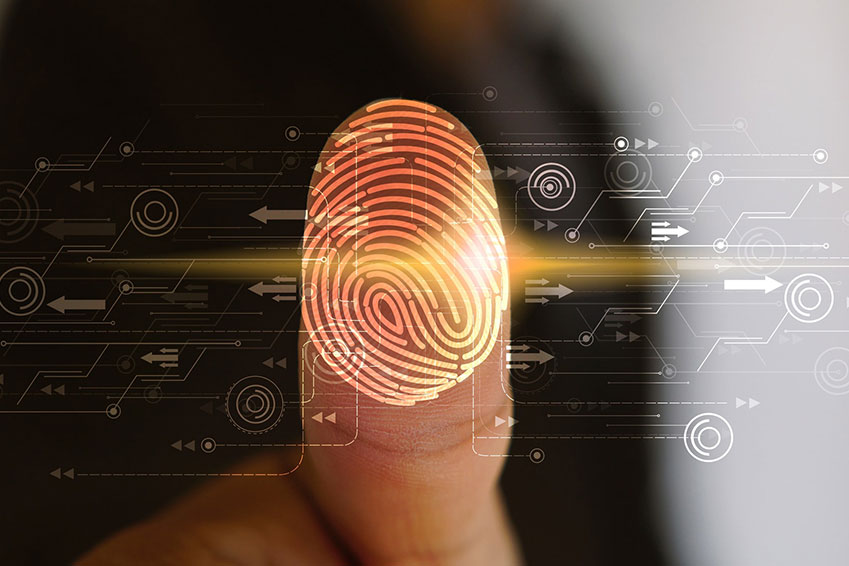In an age where personal information is incredibly valuable, protecting your identity and credit is paramount. Identity theft continues to be a pervasive issue, affecting millions worldwide. According to the Federal Trade Commission (FTC), there were over 1.4 million reports of identity theft in 2020 alone. This article aims to provide valuable insights and actionable tips to help you safeguard your identity and preserve your creditworthiness.
Understanding Identity Theft
Identity theft occurs when someone wrongfully obtains and uses your personal data for fraudulent purposes. This stolen information can include your Social Security number, credit card details, bank account information, and more. Cybercriminals employ various tactics such as phishing emails, data breaches, and even physical theft to access this sensitive data.
Tips to Prevent Identity Theft
- Monitor Your Accounts Regularly: Stay vigilant by regularly checking your bank statements, credit card bills, and credit reports. Many credit monitoring services offer alerts for suspicious activities.
- Secure Personal Information: Safeguard your personal documents, such as your Social Security card, passport, and birth certificate, in a secure location. Shred any documents containing sensitive information before disposing of them.
- Use Strong, Unique Passwords: Utilize complex passwords for online accounts and avoid using the same password across multiple platforms. Consider a password manager to generate and store strong passwords securely.
- Be Cautious Online: Exercise caution when sharing personal information online. Avoid clicking on suspicious links in emails or providing personal details on unsecured websites.
- Enable Two-Factor Authentication (2FA): Adding an extra layer of security to your online accounts through 2FA can significantly reduce the risk of unauthorized access.
- Keep Software Updated: Regularly update your devices, including computers, smartphones, and tablets, to protect against known vulnerabilities that hackers exploit.
Actions to Take if You Suspect Identity Theft
- Freeze Your Credit: Contact credit bureaus to freeze your credit if you suspect unauthorized activity. This prevents new accounts from being opened without your explicit permission.
- File a Report: Report any suspected identity theft to the FTC and local law enforcement. They can guide you on the necessary steps to take, including filing a formal complaint.
- Notify Financial Institutions: Contact your bank and credit card companies immediately to report any suspicious transactions or accounts opened without your consent.
The Importance of Vigilance
Vigilance is key to continuing the fight against identity theft. This is not a unique activity. Rather, it is an ongoing effort to prevent your personal information from falling into the wrong hands. The digital landscape is constantly evolving, and with it comes the technology that cybercriminals use to steal identities. That’s why an ongoing and proactive approach to protecting your personal information is essential.
Real-Time Threats and Evolving Tactics
Cybercriminals are persistent and innovative in their approach. New techniques and technologies are constantly emerging, making it challenging to predict how and when an identity theft attempt might occur. Phishing emails, for instance, have become increasingly sophisticated, mimicking legitimate correspondence from trusted sources to deceive individuals into revealing sensitive information.
Regular Monitoring as a Defensive Strategy
Regular monitoring of your financial accounts, credit reports, and online activities serves as a critical defense mechanism. It allows you to spot any irregularities or unauthorized transactions promptly. Through vigilant monitoring, you can detect and address potential threats before they escalate, mitigating the potential damage caused by identity theft.
Proactive Measures for Ongoing Protection
Remaining vigilant isn’t just about reacting to suspicious activities; it’s also about proactive prevention. Implementing security measures such as strong, unique passwords, enabling two-factor authentication, and keeping your software updated acts as a barrier against potential breaches.
Educating Yourself and Staying Informed
Staying informed about the latest identity theft tactics and cybersecurity best practices is fundamental. This includes understanding common phishing techniques, recognizing warning signs of potential scams, and being aware of the importance of secure browsing habits. Education empowers individuals to make informed decisions and enhances their ability to identify and mitigate risks effectively.
The Ripple Effect of Identity Theft
The consequences of identity theft extend far beyond financial losses. It can cause emotional distress, damage to your credit score, and can take years to rectify. Repairing the damage wrought by identity theft often involves a lengthy and arduous process of disputing fraudulent charges, correcting credit reports, and restoring your identity’s integrity.
Empowering Yourself Through Vigilance
Vigilance isn’t just a defensive strategy; it’s an empowering mindset. By taking an active role in protecting your identity and staying vigilant, you reclaim control over your personal information and financial well-being. It empowers you to detect, prevent, and mitigate the risks associated with identity theft, providing peace of mind and security.
Conclusion
Safeguarding your identity and credit requires proactive measures and continuous vigilance. By adopting best practices, staying informed about potential threats, and promptly addressing any red flags, you can mitigate the risk of identity theft and protect your financial future.
Remember, your identity is invaluable. Take the necessary steps today to secure it and preserve your financial well-being.











